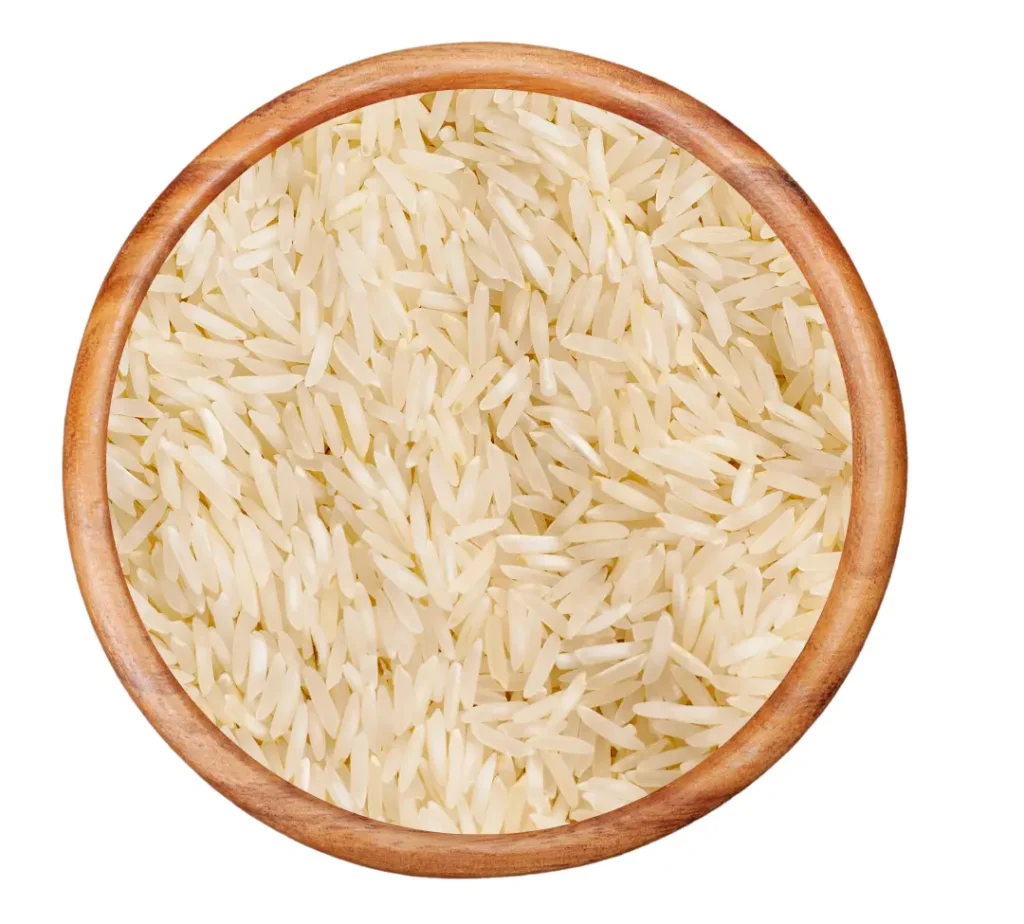Non-basmati rice is a synonym to a variety of rice categories that differ from basmati rice, a popular aromatic long-grain indian rice. The term non-basmati rice covers a wide variety of rice, including short-grain, medium-grain, and long-arranged varieties, each having its own distinctive features and kitchen applications. Here are its uses and benefits:
Uses:
1. Cooking: As the case with many countries around the world, non-basmati rice plays a major role in most households diets and can be found in a broad assortment of dishes. Either by steaming, boiling, frying, or simmering it, various dishes can be prepared either sweet as savory. It is hard to imagine meals without non-basmati rice as it is very versatile. It goes well in soup, stew, curries, rice, risotto, sushi, and rice desserts.
2. Gluten-free alternative: Non-basmati rice is naturally gluten-free, thus, it becomes a possible alternative for people with celiac disease or art of gluten-sensitive if you prefer wheat originate grains. This flour could even enable pasta, many stir-fries, pilafs, and grain bowls which are gluten free.
3. Thickening agent: Ground non-basmati rice flour may be used instead of starch for thickening and making a viscous consistency in soups, sauces, gravy, and dessert. This works quite well and does not affect the taste of the meal.
Benefits:
1. Nutrient-rich: As any other type of the rice, the non-Basmati one is a good source of carbohydrates, which our bodies use for producing energy. It, in addition, provides important nutrients like the B vitamins, vitamins A, D, and E, and minerals (such as iron, magnesium, and phosphorus), which are essential for health and proper function
2. Low in fat and cholesterol: Fresh rice is quilt and without cholesterol as a rule, so it is good consistent for ensuring and facilitating individuals who look for heart healthy living. Eating rice as a balanced diet may contribute in the enhancement of positive health outcomes such as a reduction of the risk for heart diseases and stroke.
3. Gluten-free alternative: For glutenants or celiac disease which are one of reasons, non-basmati rice are a safe and nutritious replacement to gluten-containing grains. It lets them indulge in the diversified and delicious food while not suffering gastrointestinal complications that would arise whereas eating foods containing gluten.
Finally, off-basmati rice is generally multifaceted, healthy, and affordable source of nutrients that can be very much enjoyed in a range of meals from different parts of the globe. From the essential food for staple meals to the unique ingredient in the holiday dishes, restaurant rice enjoys many applications in the cooking and health sectors across a wide range of population, dietary preferences and age.


